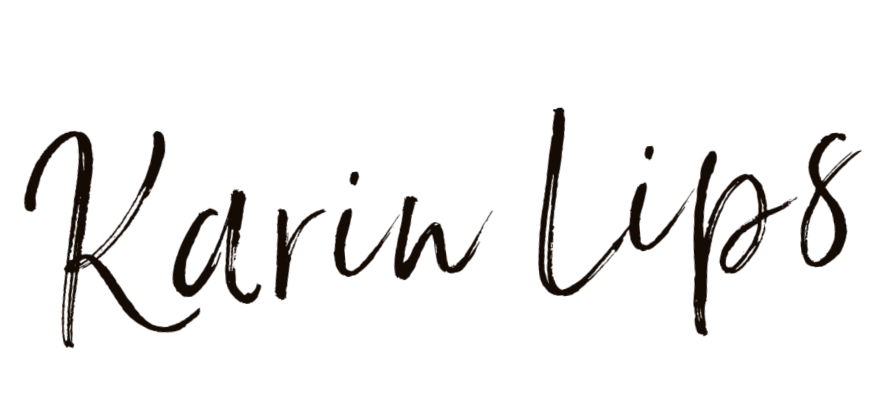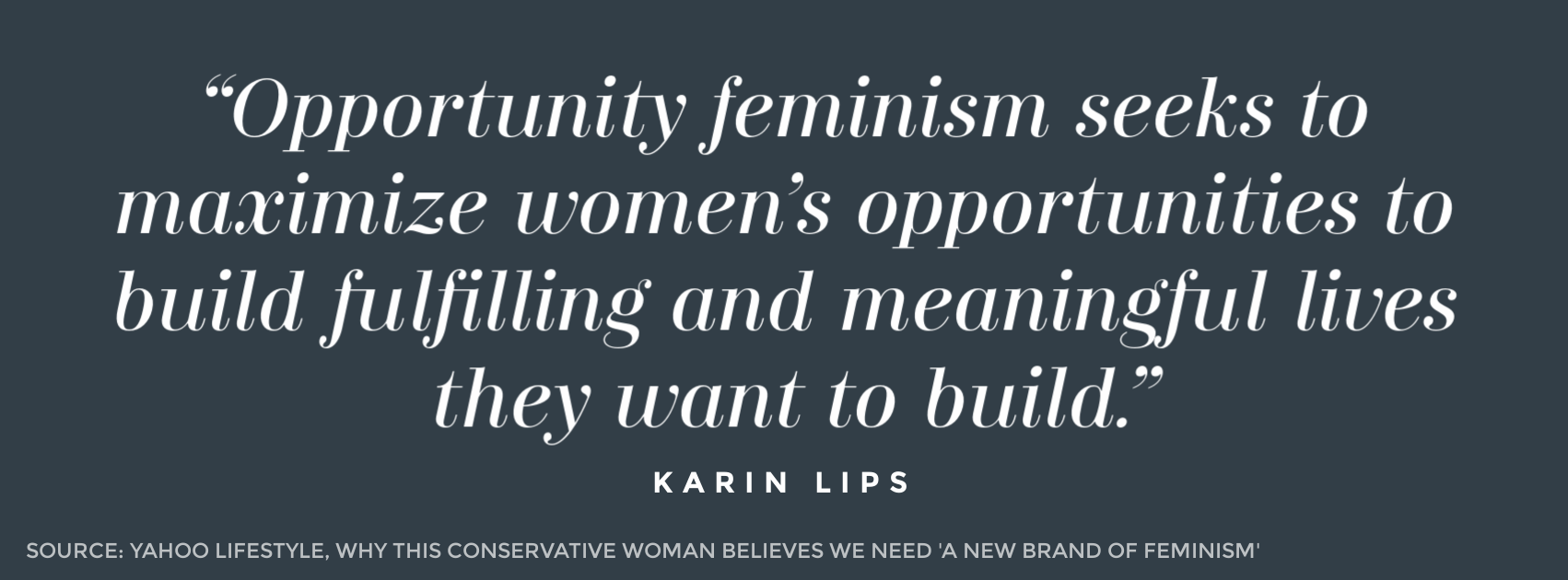Yale Vs. Princeton: The Battle For Free Speech On Campus
This article originally appeared in Forbes.
Yale and Princeton will square off on the gridiron on Saturday. While the schools are tied in the Ivy League football standings, it is becoming clear that the Tigers are winning when it comes to free speech on campus.
Yale is in the national spotlight this week as campus protests and confrontations there heat up highlighting a national trend of students stifling free speech and the free exchange of ideas on campus.
At issue in New Haven is an email sent out by The Intercultural Affairs Committee on Halloween costume guidelines to discourage students from wearing offensive costumes. In response, Erika Christakis, Associate Master of Silliman College and Lecturer at the Yale Child Study Center,emailed students of the residential college, questioning the role of the university administration in controlling costumes and suggesting that students might be better served deciding and debating costumes themselves.
To many Yalies, the Associate Master of Silliman College’s email was in and of itself offensive and triggered outrage. In one confrontation with Nicholas Christakis, the Master of Silliman College, a Yale Professor and Erika’s husband, a student hysterically chided him for not understanding his role and yelled, “It is not about creating an intellectual space…it is about creating a home here.” Other students snapped their fingers in agreement.
While protests and activism are a tradition of campus life, this incident is particularly troubling. What type of intellectual environment are universities creating if this email sparks such outrage? Why are students demanding “safe spaces” from intellectual exchanges?
Students on campus should be engaging with different ideas, not shouting down anyone who challenges them to think about something differently or makes them feel offended. It is ok to disagree. And it is ok to be uncomfortable when discussing ideas.
Universities should not buckle to the trend of creating so-called “safe spaces” or physical or symbolic areas where students are shielded from hearing viewpoints with which they may disagree or find offensive.
One Ivy League school still values freedom of speech. Earlier this year, Princeton University was the first university to adopt the principles of the University of Chicago report on academic freedom from January. One section of The Report of the Committee on Freedom of Expression from the University of Chicago reads:
In a word, the University’s fundamental commitment is to the principle that debate or deliberation may not be suppressed because the ideas put forth are thought by some or even by most members of the University community to be offensive, unwise, immoral, or wrong-headed. It is for the individual members of the University community, not for the University as an institution, to make those judgments for themselves, and to act on those judgments not by seeking to suppress speech, but by openly and vigorously contesting the ideas that they oppose. Indeed, fostering the ability of members of the University community to engage in such debate and deliberation in an effective and responsible manner is an essential part of the University’s educational mission.
Recognizing the growing need for universities to re-affirm their commitment to these principles, the Foundation for Individual Rights in Education (FIRE) launched a national campaign in September to ask more colleges to adopt the statement. FIRE has written faculty, students and student journalists, and created an online petition to move the ball forward. There has been movement at Purdue University, Johns Hopkins University, American University and Winston-Salem State University in North Carolina.
On the one hand, it seems odd that a university has to adopt these principles. Universities are supposed to be safe spaces for—not from—free speech and intellectual diversity. On the other hand, I applaud the University of Chicago, Princeton and these other universities for taking action to preserve the integrity of the university.
What we are seeing play out on college campuses today is a battle for the mission of American higher education. Will universities go the way of Yale, where students censor free speech and are not able to handle even basic challenges to their worldview? Or the way of Princeton, which took pro-active steps to protect free speech and academic freedom on campus?
While Ivy League fans may be focused on football this weekend, the bigger battle at stake is over the future of American higher education.



